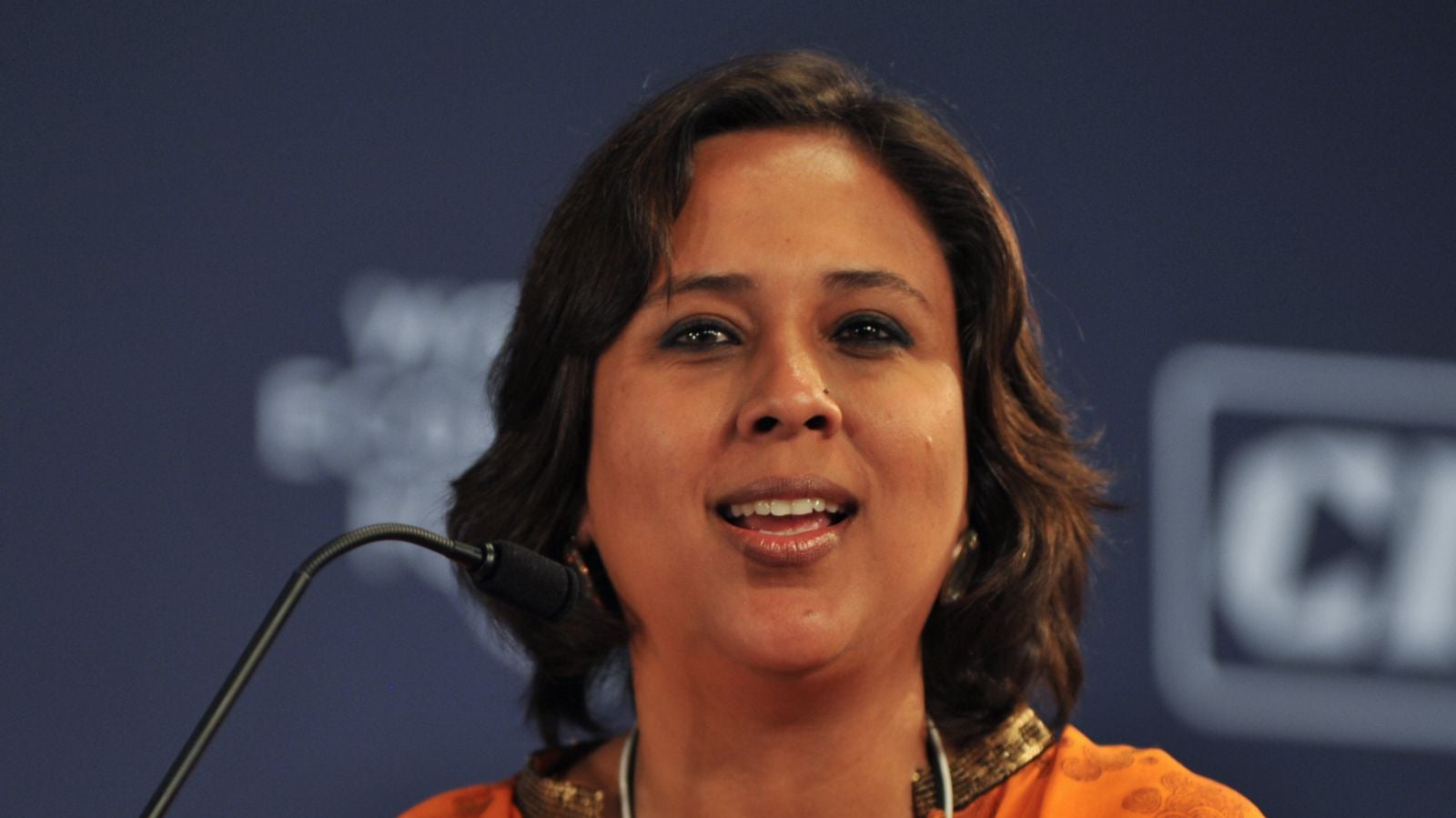India’s most famous journalist is turning entrepreneur
Widely watched, prolifically retweeted, liberally criticised and abundantly admired, Barkha Dutt—perhaps the most well known Indian journalist of her generation—is turning entrepreneur.


Widely watched, prolifically retweeted, liberally criticised and abundantly admired, Barkha Dutt—perhaps the most well known Indian journalist of her generation—is turning entrepreneur.
On Feb. 16, even as Dutt was out reporting the political machinations underway in Jammu and Kashmir, New Delhi Television (NDTV) sent an internal memo announcing her new designation as the channel’s consulting editor. She was previously NDTV’s group editor.
“While her TV relationship with NDTV remains unchanged,” the memo said, since she’ll continue anchoring her two NDTV shows and appear on the channel for five night a week, “in her new role she will be setting up her own multi media content company and policy group.” (Read the full letter here).
With that move, Dutt joins a clutch of senior journalists who have decided to hit out on their own in recent months. The list includes former Indian Express editor Shekhar Gupta, former Forbes India editor Indrajit Gupta, among others.
Dutt, who joined the news channel as a 23-year-old reporter and producer, rose to prominence with her reports from the frontline during the Kargil conflict in 1999. But a decade later, her style of reporting drew criticism as she covered the 26/11 attacks in Mumbai.
Her biggest test, however, came in 2010 as the Niira Radia tapes were leaked and her conversation with the controversial public relations executive was made public, where she allegedly lobbied to help A Raja become India’s telecom minister. Subsequently, Dutt’s reputation as a journalist came under fire, but she eventually managed to ride the storm.
A graduate of New Delhi’s St. Stephens College and New York’s Columbia University, Dutt also has an impressive journalistic pedigree. Her mother, Prabha Dutt, was a pathbreaking journalist who covered the 1965 India-Pakistan conflict for the Hindustan Times.
“I grew up as a child of news,” Dutt said in a 2010 interview. “When I was 5 years old, I was made to look at covers of Time magazine and identify the world leaders.”
Eventually, Bollywood would look towards Dutt—and particularly, her hairstyle—when it had to create a female journalist character in its films.